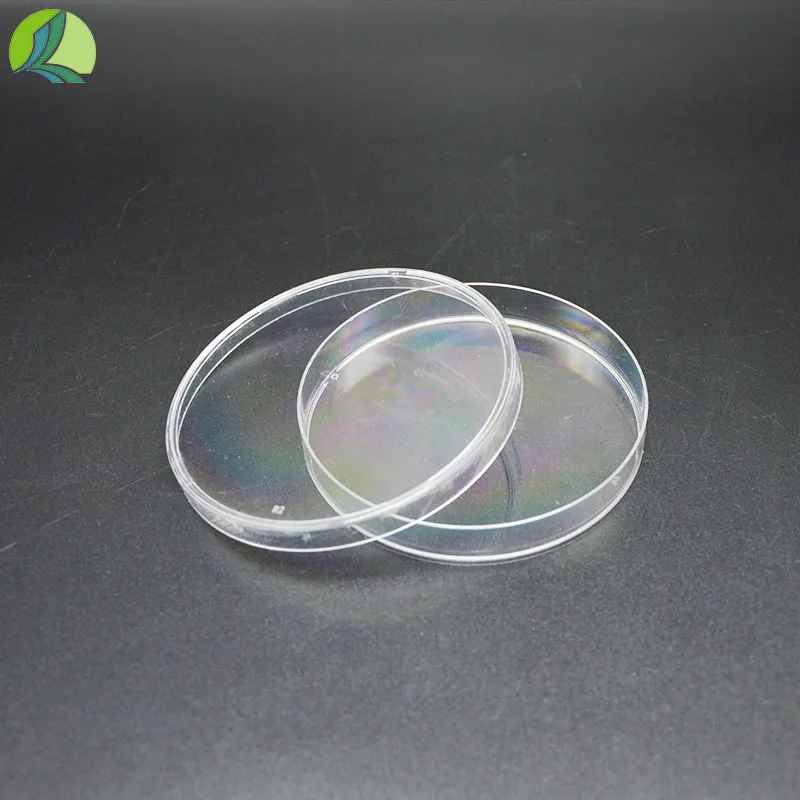Essential Biotechnology Lab Equipment and Supplies for Efficient Research and Experimentation in Life Sciences
Essential Biotech Lab Supplies for Effective Research
The field of biotechnology is a constantly evolving landscape, necessitating a wide array of specialized laboratory supplies to facilitate groundbreaking research and innovation. Whether you are working in a commercial lab, an academic setting, or a startup biotech company, having the right supplies is crucial for achieving reliable results and maintaining laboratory efficiency. This article outlines the essential biotech lab supplies that every research facility should consider.
1. Personal Protective Equipment (PPE)
Safety is paramount in any laboratory setting, especially in biotechnology, where researchers may work with hazardous materials, including biohazardous organisms. Personal protective equipment (PPE) such as lab coats, gloves, goggles, and face masks serve as the first line of defense against contamination and exposure. Ensuring that all lab personnel are equipped with appropriate PPE not only protects individual researchers but also helps maintain a safe and sterile environment.
2. Pipettes and Tip Assortments
Accurate measurement and transfer of liquids are fundamental tasks in any biotech lab. Pipettes, both manual and electronic, are essential tools for these purposes. Coupled with a range of tip assortments, including standard, filter, and low-retention tips, pipettes facilitate precise liquid handling. Consistency in pipetting techniques not only minimizes human error but also enhances reproducibility in experimental results.
3. Culture Media and Reagents
Biotech research often involves the culture of cells, microorganisms, or tissues. To support these processes, a variety of culture media and reagents are required. These include growth media (such as LB broth, DMEM, or RPMI), antibiotics, and supplements (like serum or growth factors). The choice of media depends on the specific requirements of the cells being cultured, necessitating a well-stocked inventory tailored to the laboratory's research focus.
4. Centrifuges and Microcentrifuge Tubes
biotech lab supplies

Centrifugation is a critical technique in molecular biology and biochemistry, where separating components of mixtures based on density is necessary. Investing in high-quality centrifuges—whether benchtop or ultracentrifuges—and a variety of microcentrifuge tubes is vital for efficient sample processing. Different tube sizes and materials (like polypropylene) should be kept on hand to accommodate various sample volumes and experimental conditions.
5. Analytical Instruments
The backbone of any biotech lab is its analytical instruments. Equipment such as spectrophotometers, chromatographs, and PCR machines are indispensable for analyzing samples, quantifying nucleic acids, and performing genetic analyses. Regular maintenance and calibration of these instruments are essential to ensure accuracy and reliability in results. Budgeting for a comprehensive range of analytical instruments can greatly enhance the lab's capabilities.
6. Freezers and Refrigerators
Maintaining the integrity of biological samples and reagents is critical, making refrigerated storage a necessity. -20°C freezers are commonly used for long-term storage of enzymes and plasmids, while -80°C freezers are ideal for preserving cell lines and sensitive reagents. Additionally, laboratory refrigerators are essential for keeping media, samples, and chemicals at optimal temperatures.
7. Biotechnology Software
In today’s digitally-driven research environment, utilizing biotechnology software is increasingly important. Bioinformatics tools assist in data analysis, while laboratory management software streamlines workflow, inventory tracking, and compliance monitoring. Investing in such technology can significantly enhance productivity, organization, and collaboration among researchers.
Conclusion
In conclusion, equipping a biotechnology lab with the appropriate supplies is foundational for successful research and development. From essential PPE to analytical instruments and storage solutions, each item plays a significant role in ensuring the quality and integrity of experimental procedures. As the biotech industry continues to advance, staying updated with the latest supplies and technologies will empower researchers to push the boundaries of science and innovation effectively.
-
Plastic Medicine Liquid Bottle: Secure Flip Top Drug VialsNewsAug.17,2025
-
Durable 250ml Blue Plastic Vaccine Vial for Lab & Vet UseNewsAug.16,2025
-
Sterile Virus Sample Tubes: Secure & Reliable Specimen CollectionNewsAug.15,2025
-
White 250ml Plastic Vaccine Vial for Lab & Vet MedicineNewsAug.14,2025
-
Premium Clear Plastic Vaccine Vials for Lab & Vet MedicineNewsAug.13,2025
-
Plastic Clear Vaccine Vials | Lab & Vet Liquid StorageNewsAug.12,2025
























